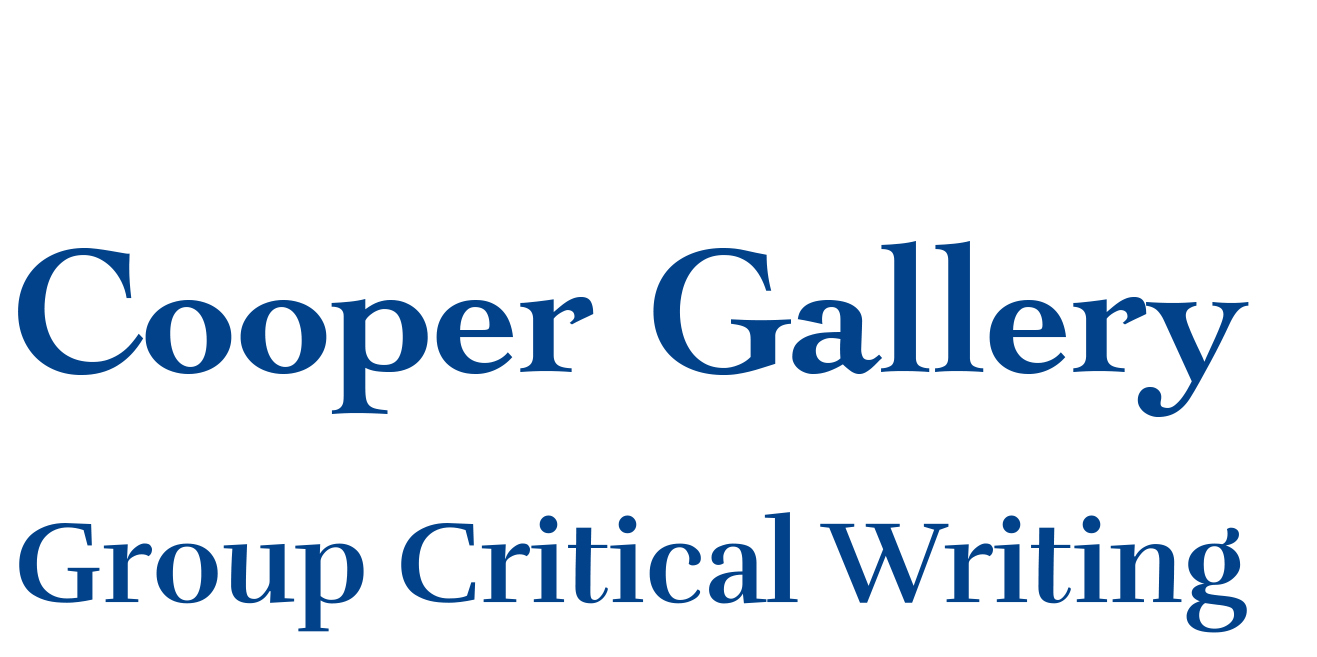Frances Davis
♦ Here. Right Now. Collaboration Is Political ♦
In the contemporary context of neoliberalism, and in an era of individualism and ego, collaborative modes of practice are distinctly political acts. That is not to say that the subject of work made collectively is necessarily political—though there are many examples of collaborative practice that blur the boundary between art and activism—but that the process of making itself, of co-creation and collective working, can function as an act of resistance.
By prioritising community and co-creation over artistic autonomy, collaboration presents an alternative model of labour based on kinship and shared commitment. In an economic system founded on self-interest and monetary profit, collective working pushes against the established measures by which labour is valued, its ephemeral qualities—of intimacy, support and friendship—not easily reduced to monetary terms. Moreover, in the contemporary capitalist labour market, many work for the benefit of the few, and though the image of the individual is celebrated, the importance of status necessitates that most individuals are not. Collaborative working practices may resist the promotion of the individual, but all individuals are valued, their voices intertwining, giving shape to the collective whole.
Collaboration also renegotiates received ideas of knowledge creation and exchange. In collaborative practice, knowledge is not borne of the solipsistic experience of the individual; rather it is contingent on intersubjective exchange. Rejecting a top-down, hierarchical distribution, collective practice instead promotes knowledge as an ongoing and evolving dialogue, creating a social knowledge that is constructed and reconstructed through the relationships between collaborators.
Collective modes of working reveal an alternative model for society, a model in which new forms of agency are encouraged through processes of co-production and in which hierarchies are flattened and relationships nurtured. In challenging the structures that underpin capitalist society, collaborative art practices offer a creatively antagonistic model for the disruption of the political status quo.
♦ ♦ ♦
Biography
Frances Davis’ practice is research-led, encompassing writing, moving image and performance, and event and exhibition production. She currently lives and works in Glasgow and Helmsdale, where she is Curatorial Assistant at Timespan.
